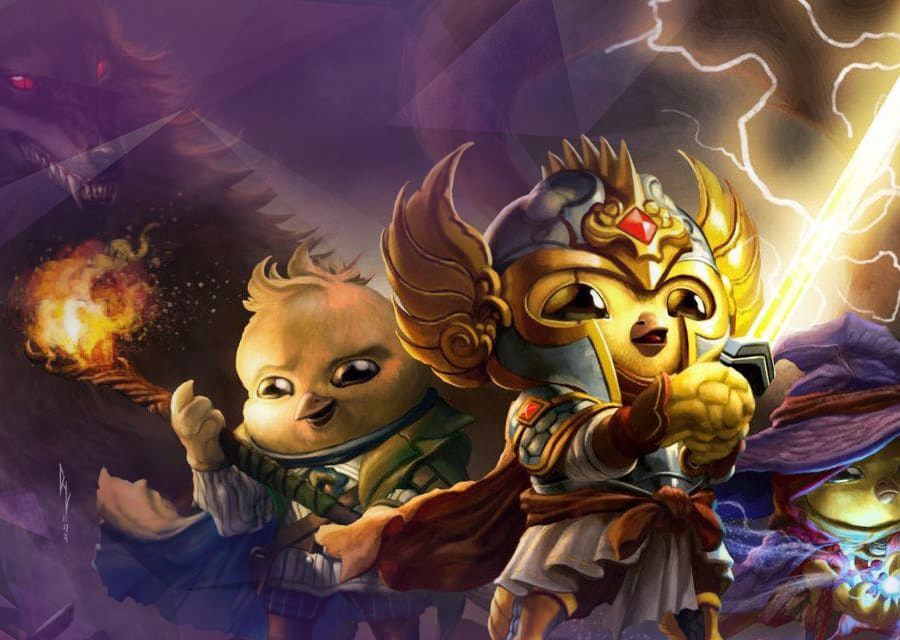The future is coming. And with it will come a new era of video games, one in which digital assets have real value and virtual experiences can be owned and traded like precious commodities. This burgeoning movement has been coined the “New Entertainment Economy,” or NEE for short, and its leading pioneers are people like Solana Newendorp. The former EA executive recently launched a new game studio called Atlas Games to concentrate on developing non-fungible token (NFT) games that leverage blockchain technology to create digital scarcity in virtual worlds. Vancouver-based Epic Games has also made a serious investment into this space. In February 2019, Epic announced plans to fund $100 million in indie game studios over the next two years through their new Epic Games Store program. Their first investment was in Solana’s new studio where they’ll be creating an NFT version of Star Atlas, which was previously released as a mobile app game originally developed by Electronic Arts and Third Party Productions back in 1998. Here’s what you need to know about the future of digital gaming…
What are non-fungible tokens and how will they change gaming?
Non-fungible tokens (NFTs) are a new standard of digital token that is specially designed to be unique and individualized to each person who owns them. They are designed to be transferable, tradeable and durable, like a digital Beanie Baby. The key element that makes NFTs different from other types of digital assets is that each token is unique and is tied to a specific owner. With traditional virtual goods, the “item” itself has no identity and can be given or transferred to anyone who already owns the game. While NFTs are still a very new concept that is currently in development, it has already been adopted by a number of video game studios.
Why should you care about Non-Fungible Tokens?
If you’re a gamer, you should care about NFTs because they will have a direct impact on the way you play and interact with your games. Innovators in this space are creating everything from NFT-based digital trading cards to fully immersive virtual worlds that are all powered by blockchain technology. Solana’s founders created Star Atlas to be a game that gamers, collectors and investors can all enjoy. It features a fully immersive virtual world, a deep storyline and real value for players who can earn, trade and sell their rare virtual assets.
NFTs can help save the video game industry
The gaming industry has been struggling in recent years thanks to a number of disruptive factors. From the rise of free-to-play games to increased competition from the mobile gaming sector, the NEE is positioned to help save the gaming industry. The gaming industry is expected to be worth as much as $138 billion by 2021. But the problem is that most of this revenue is generated by a handful of mega-publishers that own the biggest brands and IP (intellectual property) in the industry. What a lot of people don’t realize is that the gaming industry has been moving towards digital ownership and the NEE for several years now. In fact, the first major gaming console that let you purchase games online was the Nintendo Wii in 2006.
Solana is building an NFT game called Star Atlas
Atlas Games is currently developing Star Atlas, a sci-fi themed virtual world that leverages NFT technology. The game allows players to build and customize their own ships and engage in multiplayer space battles. Players can also visit different star systems and planets where they can collect and trade rare NFTs. This is a type of game that hasn’t been done before, and it will be a completely new type of interactive experience. Star Atlas drops players into a futuristic cyberpunk universe where they are free to explore and interact with other players through a decentralized VR world. As the game grows and expands, players will be able to earn real rewards, including game items that have real-world value.
Where to from here?
The New Entertainment Economy is still in its early days. Solana is one of the first studios to receive funding from Epic Games’ investment program. But expect more to come. Epic Games has been very vocal about their interest in helping advance the NEE. In fact, they’ve even incorporated NFTs into their own game, “Huntik: The Quest.” Atlas Games and Solana are building something special with Star Atlas. The game has already been released as a mobile app, and development for the NFT version is underway.
